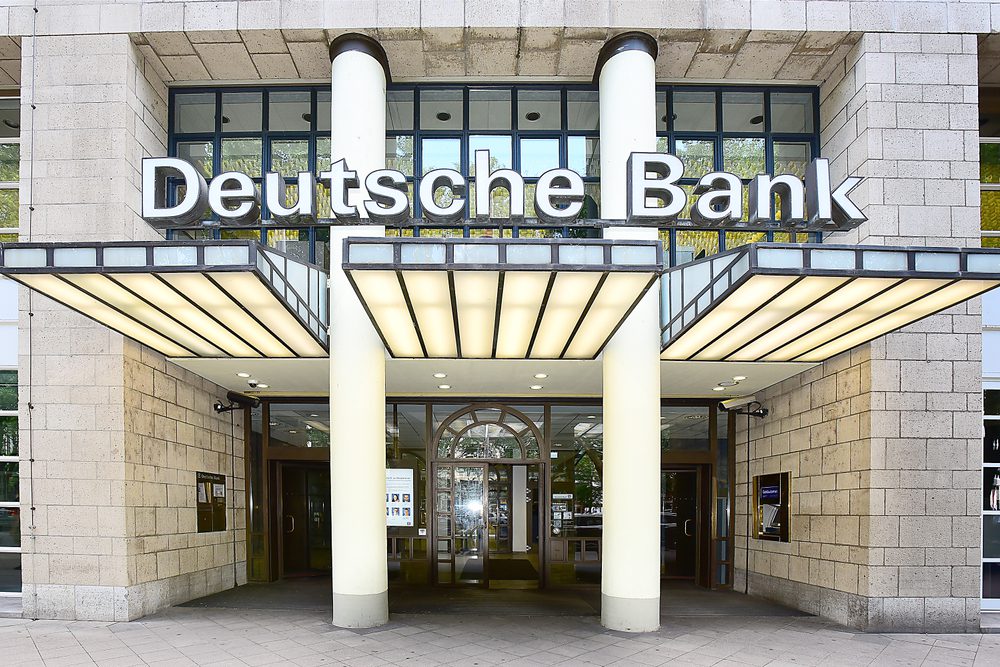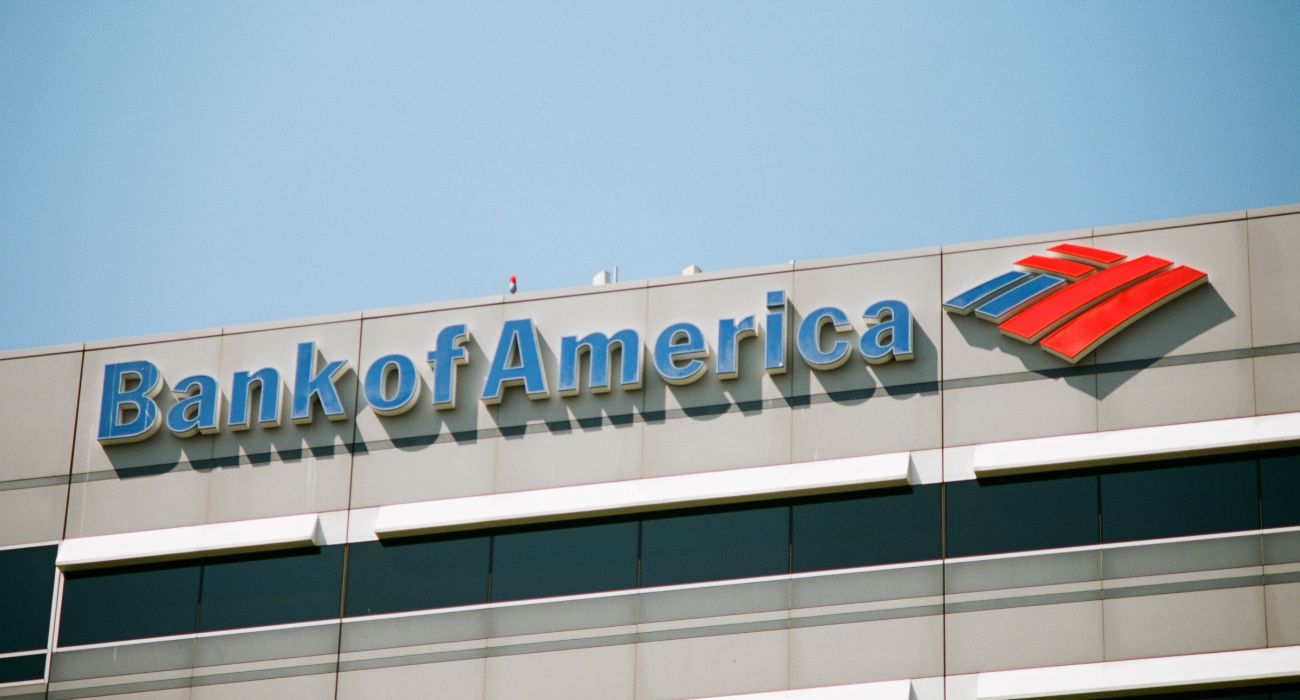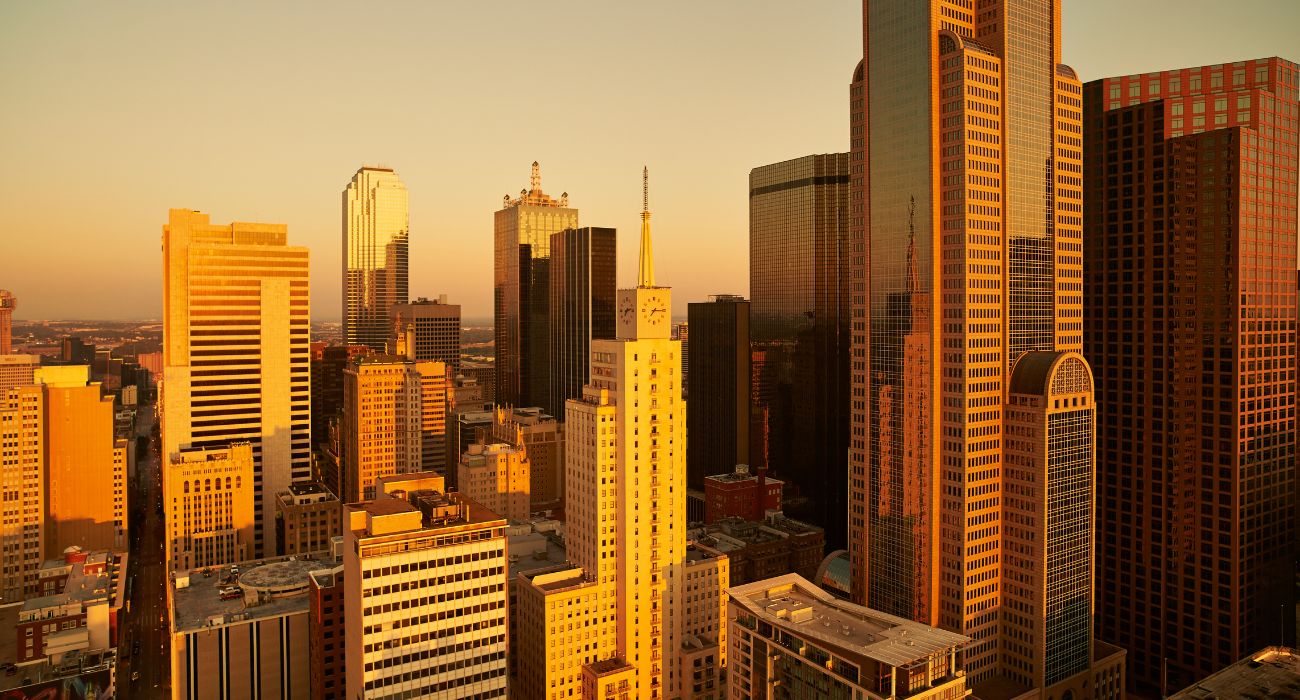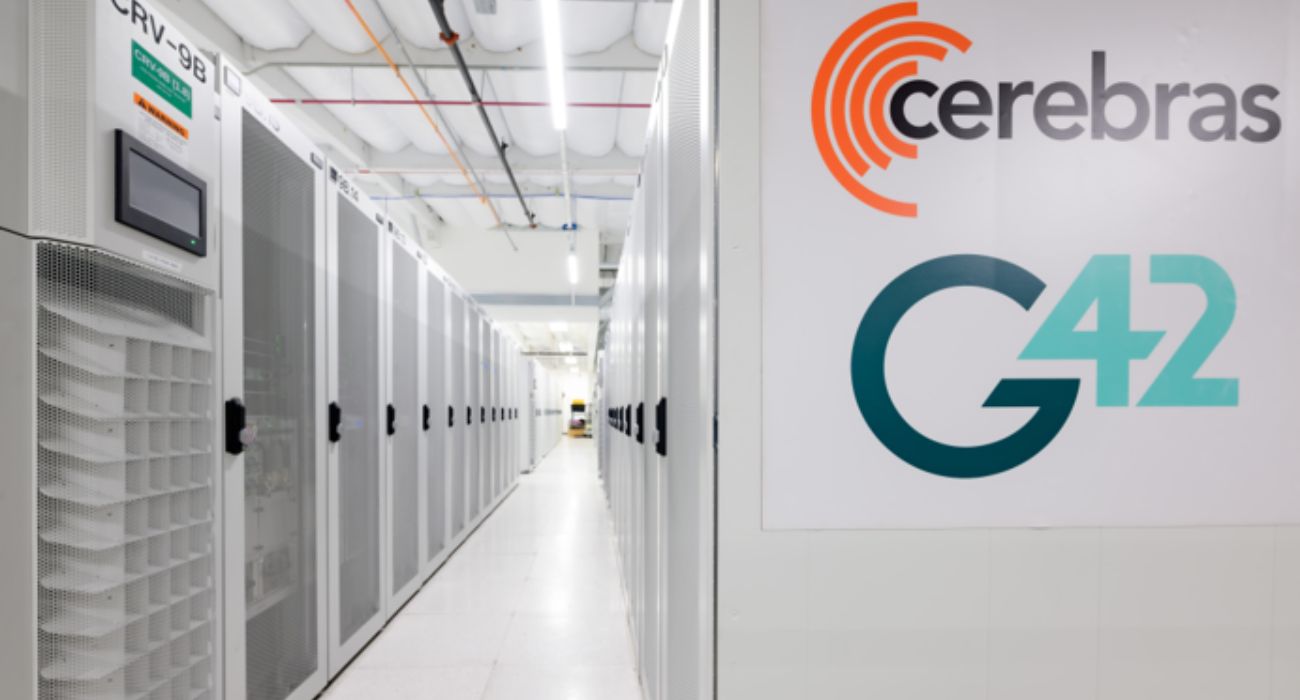A new forecast from Deutsche Bank predicts that the United States will face a recession in late 2023.
Economists from Deutsche Bank expect a recession to strike the country during the fourth quarter of this year, prompting the Federal Reserve to finally cut interest rates, according to a research note reported by The Epoch Times.
The German bank predicts the Fed will increase the terminal fed funds rate to 5.625%, up from a previous estimate of 5.1%.
As previously reported by The Dallas Express per the Fed minutes report earlier this month, some Fed officials indicated they want to continue to raise interest rates to curb inflation.
In its research note, Deutsche Bank said this supports its projection for a “moderate recession” that will lead to the Fed issuing a rate cut in 2024.
“Stronger growth momentum, stickier inflation, and a more aggressive Fed that will need to tighten financial conditions, support our baseline expectation for a moderate recession rather than a soft landing. That said, firmer near-term strength in the US economy suggests that the timing of a recession is likely to be delayed,” said Deutsche Bank economists, per The Epoch Times.
They went on to project that real GDP will fall by approximately 1.25% and the unemployment rate will rise by two percentage points from Q4 of this year to Q2 of next year. The economic downturn is expected to be mild, similar to that seen in the early 1990s.
Amid all this recent talk of recession, the National Association of Business Economics (NABE) surveyed 48 economists last month. When asked when they predict a recession will occur, 58% of respondents said there is more than a 50% chance of a recession in the next 12 months, and 25% said it would happen by the end of March.
In fact, as noted by Dana M. Peterson, NABE outlook survey chair and chief economist, the respondents’ economic forecasts varied a great deal.
“Panelists’ views are split regarding how high the Federal Reserve may raise interest rates, how long rates might stay at the peak, when cuts would begin, and what would signal the central bank’s actions on each of these fronts,” Peterson said, per the NABE.
As reported by the Associated Press, economists’ recent projections of a delayed recession are due to various indicators of the economy proving to be more resilient than expected.
For instance, data released by the Department of Commerce last week showed that consumer spending was up by 1.8% in January. Increases were seen both in spending rates on goods (up by 2.8%) and services (up by 1.3%).
With employers adding more than 500,000 jobs in January and unemployment at its lowest level since 1969, many American consumers have money to spend and feel safe doing so.
How long that will last is yet to be seen.






